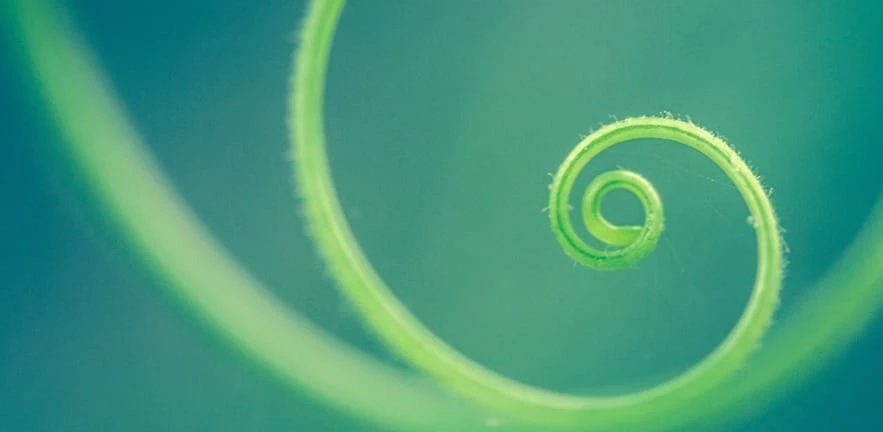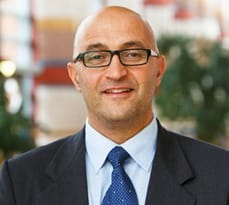“Green chemistry” can help sustainability, Dr Khaled Soufani of Cambridge Judge says in an article about the Circular Economy on the World Economic Forum website.


Molecular technology or “green chemistry” will be a key component in reducing overall consumption as part of the Circular Economy, says an article co-authored by Dr Khaled Soufani, Senior Faculty in Management Practice and Director of the Executive MBA Programme at Cambridge Judge, on the website of the World Economic Forum.
“Now is the time to look at the circular economy on the micro-level,” the article says. Green chemistry involves “devising chemical reactions that give rise to new products and processes that have the ability to meet sustainability goals, such as becoming more energy-efficient and reducing the amount of waste or harmful matter found in the environment.”
As an example, the article says that Dow Chemical Company has developed a polymer that improves the function of titanium dioxide, which is an important additive to paint but is expensive and energy intensive to make. By coating titanium dioxide, which acts as a base pigment in paint, Dow Chemical was able to disperse it more evenly and thus reduce costs because less is needed.
“For the non-science person, green chemistry may be highly technical but it can also be highly rewarding, for those who are willing to invest in it,” concludes the WEF article, which was written by Dr Khaled Soufani, Dr Terence Tse, Associate Professor of Finance at the London campus of ESCP Business School, and Cambridge Judge Fellow, Dr Mark Esposito.

